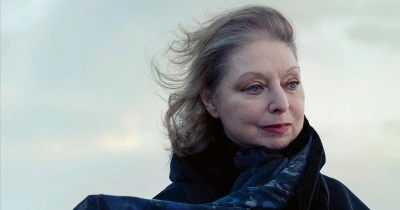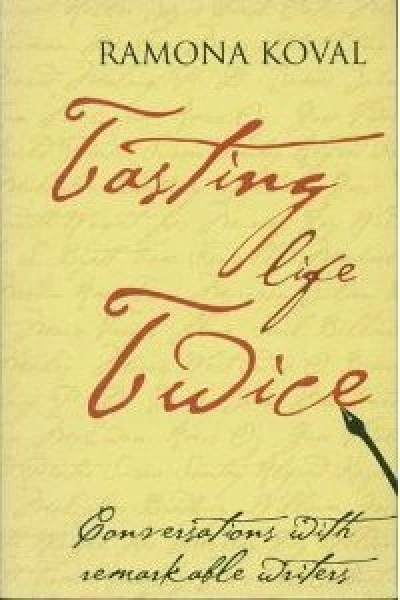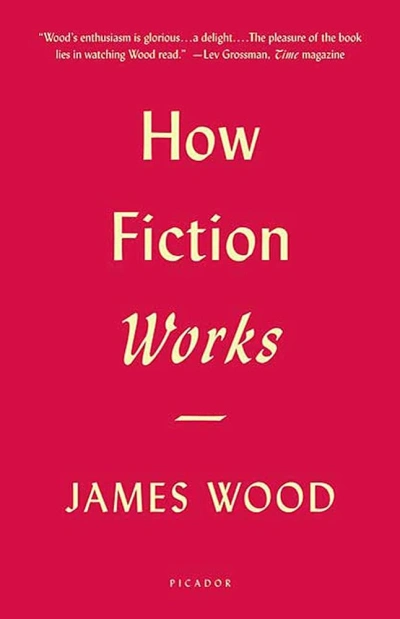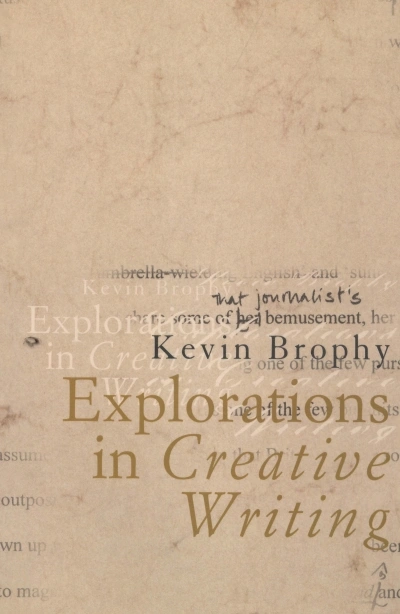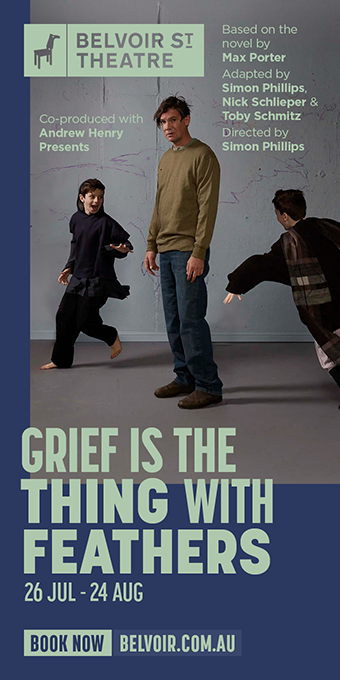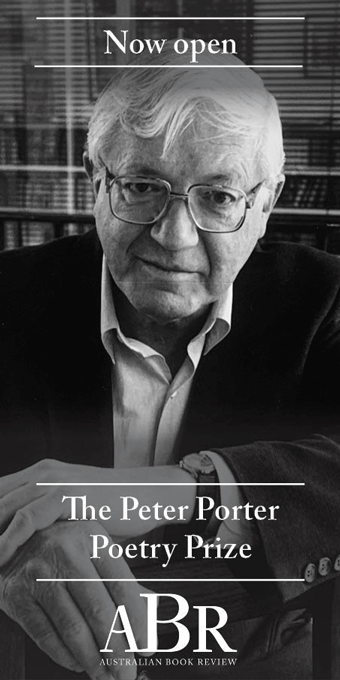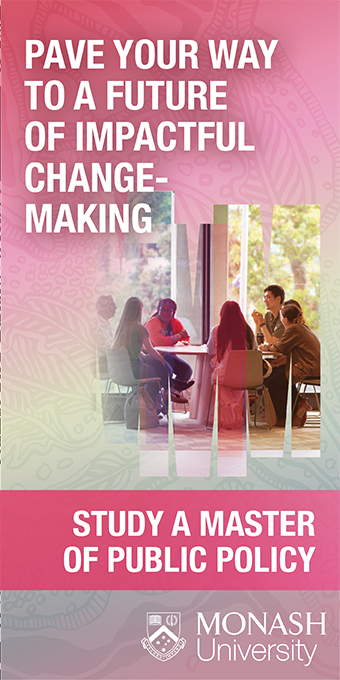Writing
A Memoir of My Former Self: A life in writing by Hilary Mantel, edited by Nicholas Pearson
I was always going to be a novelist. At the age of six, I wrote fiction about a Willie Wagtail, whose best friend was an ant (even then I had a good grasp on relationships). Several years later I had moved on to human protagonists, mainly young girls living at boarding school and excelling at ballet. I had no experience of either, but I had my dreams. As an adolescent I wrote stories about homelessness and drug addiction, once again from vicarious experience. Then I went to university to do a literature degree and realised that great Australian novelists were serious, learned and (then) mostly male. I still wanted to write my novel, but I decided to live a bit first.
... (read more)Tasting Life Twice: Conversations with remarkable writers by Ramona Koval
By now most of us already know, whether we’ve read it or not, that Peter Carey’s new novel, Oscar and Lucinda, is about God, glass and gambling, and that in the last few pages a glass church floats up the Bellinger river. We know because the book has been reviewed in just about every major newspaper and magazine in the country. There have been speeches and public appearances, extracts, profiles and interviews. This is the sort of literary event that publishers dream of. Carey’s last book, Illywhacker, was shortlisted for the Booker Prize and sold sixty thousand copies of the paperback edition in Australia alone– astonishing when you consider that the average new novel by an unknown writer appears in a print run of three thousand. It’s not bad going for a writer who has only five published books to his credit. What’s more, Carey is now in this mid forties, which is mere chickenhood for a writer, so we can reasonably expect him to build a most illustrious career indeed.
... (read more)When I ask myself why I became a writer – something I do a lot lately, as I turn forty next week, and am still as dependent on Literature Board grants as I was when I began writing ten years ago – it seems to me the most important contributing factor was the time I spent as a child, flat on my back in Katoomba Base Hospital. I had polio, and at first, was not expected to survive. I was left crippled, and though eventually I recovered the full use of both legs, I think I acquired, during those years, a sense of my own importance. A cheerful, attractive lad, I was spoilt rotten, both by the hospital staff and my own mother. I have never since been able to believe I am not, in some way, different from other people, and this may even be true; I seem to have been left with a certain indifference to the feelings of others. I suppose it’s not surprising I became a scientist, when forced to choose a career for myself.
... (read more)I often think that the worst fate which can befall a writer is to have his works prescribed for use in schools – a sure kiss of death if it is not attended by a close first hand knowledge and genuine enthusiastic response on the part of the teachers, who, for good or ill, act as literary brokers. Teachers who are ignorant of the real nature of the books to which they sentence the captives in their charge should not be surprised if the children receive them coolly, or with resistance, if not outright hostility, and shun those writers for ever more. I believe the greatest potential impetus for reading in our schools – and for the making of the readers for life – is the ubiquitous presence of enthusiastic teachers who know books well. These teachers like the books they have chosen to prescribe and they feel they are appropriate choices for the children they teach. Above all they want to share their enthusiasm for these books with their students.
... (read more)

